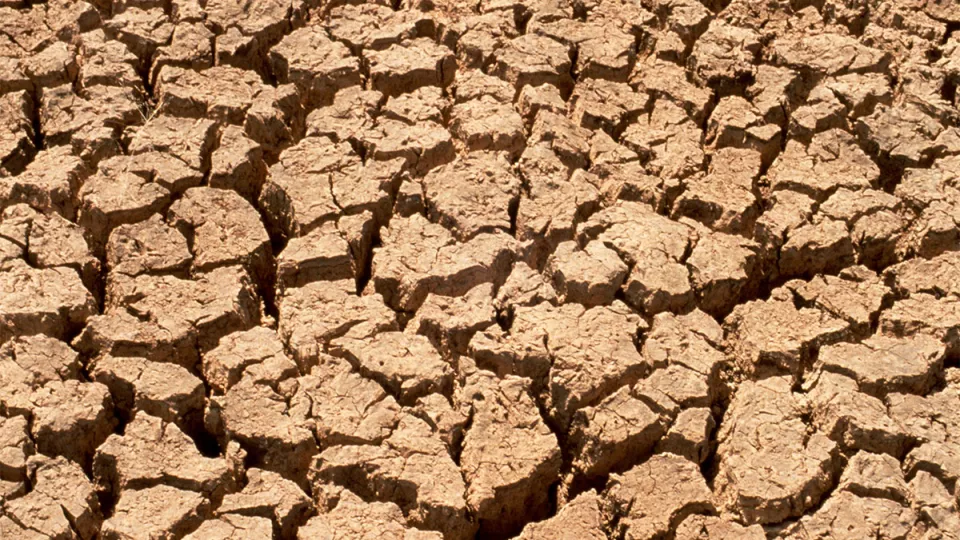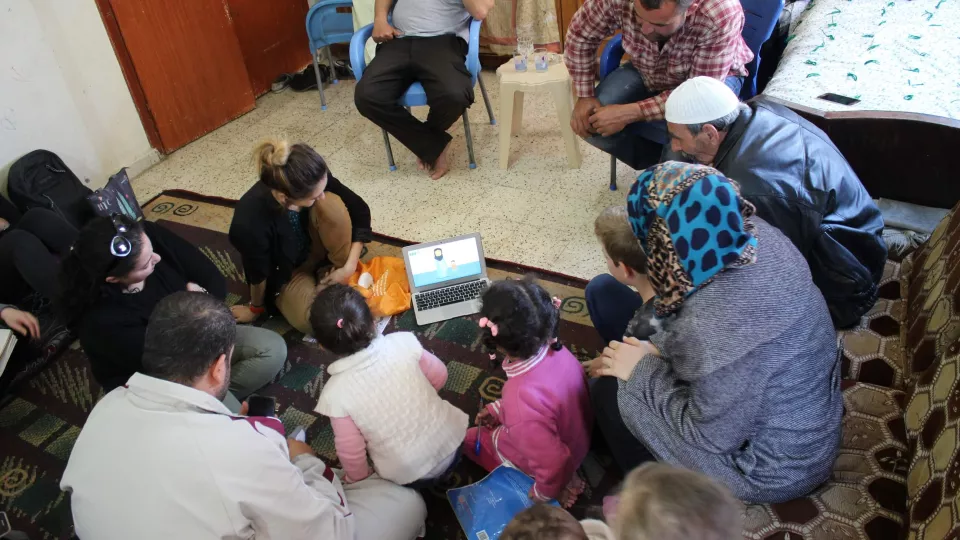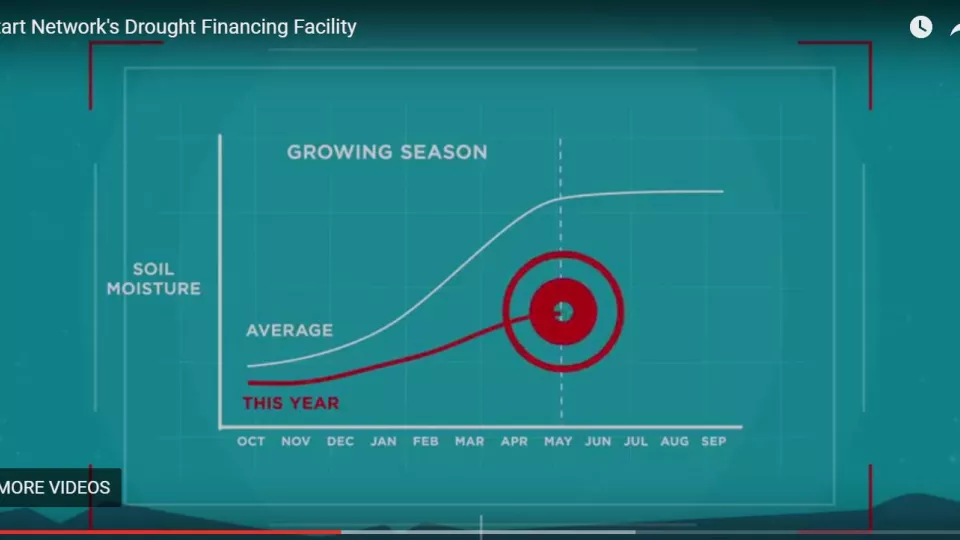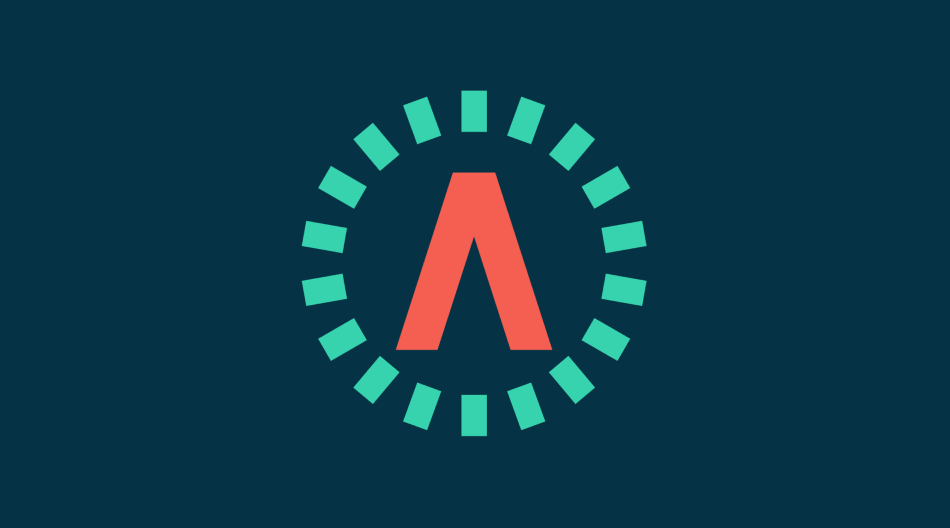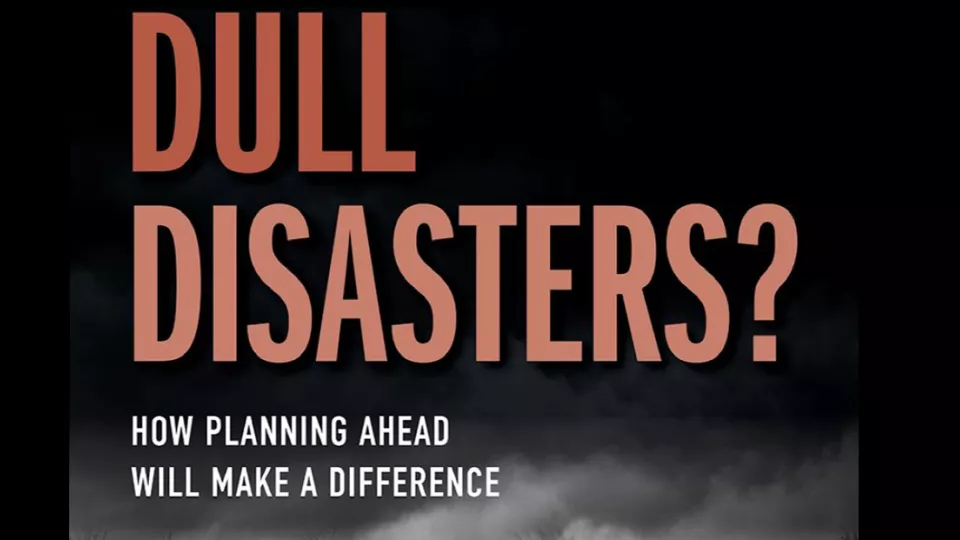The Start Network has signed a ‘game-changing’ insurance policy, intended to pay out if a drought hits Senegal, enabling aid agencies to offer live-saving help before a famine threatens to take people’s lives.
News and blogs
Start Network has launched four new “innovation labs” in Bangladesh, Jordan, Kenya and the Philippines, aimed at finding fresh ways to help local communities prepare for disasters. The move is the first of it's kind initiated by an NGO.
A Reuters article explores the Start Network's Drought Financing Facility initiative in Pakistan and how it could result in more rapid, effective and large-scale response to protect drought-hit communities.
When an insurance policy for a severe drought in Malawi didn't pay out in 2015, the result was of great consequence to poor Malawians. Emily Montier asks what did we learn from the experience?
Emily Montier and a group of ten NGOs meet in Pakistan to work on prototyping a new financing facility, designed to release funds for early action in emerging droughts.
Start Network members have begun working with Pakistan’s disaster authority to develop a new way of funding preventative action, aimed at helping vulnerable families threatened by drought.
It’s home to 50,000 people, living in regimented rows of identical white portable cabins in an arid, cold and windy region of Jordan. Some have been living there for more than three years – men, women and children from across Syria. Many of the…
The Start Network is delighted to announce details of the Disasters and Emergencies Preparedness Programme (DEPP) Innovation Labs has launched a worldwide search for organisations to run the new labs.
Response to disasters should involve careful risk management, rather than the current emotional, headline-grabbing state of affairs. This is what the authors of a new book ‘Dull Disasters’ are advocating for.
The imminent launch of Global Parametrics is interesting news in the world of disaster risk transfer and financing for the developing world and development communities.
Start Network’s Deirdre O'Sullivan-Winks discusses Start Network’s efforts to showcase the significance of climate insurance in reducing humanitarian need at the World Humanitarian Summit.
Imagine donor countries emphasizing the "power of insurance", humanitarian actors asking for premium subsidies from donors to finance disaster risk insurance schemes and (former) multi-lateral executives suggesting development banks should extend…

